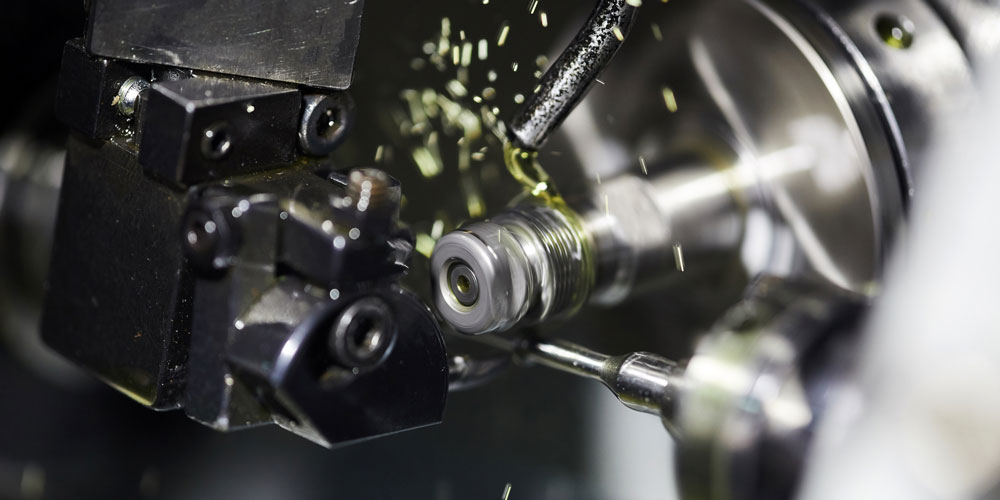by Colin Wong, Mawer Investment Management, via The Art of Boring Blog
I was shadowing a friend of mine who works as salesperson for an industrial lubricant manufacturer to learn more about his role. We were visiting a previous client of his (an auto repair shop) who had switched to another provider.
My friend was doing his best to convince them about very specific aspects of the lubricant he was selling: its benefits, how it was better than the current one they were using. Unfortunately, the merits weren’t enough to convince the client to come back.
From their perspective, lubricant is lubricant. As long as it’s branded beyond a certain industry standard and works when you put it in the vehicle—that’s good enough. Moreover, the complexity in the value chain for their type of business is real: lubricant is only one of many different parts they have to contend with in a single vehicle.
So, the less time they have to spend worrying about one element, the better. And, unfortunately, “close enough” is usually fine.
That client probably stayed with my friend’s company for as long as they had because it was cumbersome to switch providers for such a small part, particularly if there wasn’t an obvious or clear benefit for doing so. The savings for such small components is usually minimal—in other words, not worth the hassle of drawing up a new contract. Imagine a tool that you rely on but don’t give too much thought to changing, like a household hammer, for instance. Unless you are a carpenter, who wants to wade through a mind-numbing selection at the hardware store to find another one that does the same job? You just carry on with the hammer you have until circumstances force you to look for something else. Consumer inertia is one kind of loyalty.
My observation has been that client relationships for businesses with complex value chains may be sticky due to pure convenience, but when the service level is no longer acceptable or convenient, or quality issues persist (and therefore, reliability), they will move on. And, once they switch, its’s very difficult to get them back—as in my friend’s case.
Amphenol, one of the holding in our U.S. equity strategy, is a company that faces similar challenges and manages those client expectations fairly well. They specialize in making sensors and Interconnect—which are like the plugs you connect into the wall for electricity, but are instead found in a car engine.
Much like that auto repair shop client, most car manufacturers tend to stick with the same sensor provider they’ve been using for a long time—the last few vehicle models, at least. The components are small, and sell for mere cents, but are crucial. Almost all cars now have a digital dashboard, and that means they also must have some form of electric connector system. To underscore Amphenol’s importance in the car manufacturing value chain, imagine five years into owning your car the dashboard suddenly stops working and you can’t see the speedometer. That’s a pretty big problem!
The trust that develops between Amphenol and its clients are highly contingent on that part always working. They don’t have to think about reordering it (and they don’t really want to), which is a key value-add, given all the other parts of the car they have to contend with. Amphenol is taking one less thing off their plate.
Additionally, the trust that builds from delivering a good product in turn raises the company’s brand equity, which further develops its edge over its competitors. But that reputation is contingent on a continuous, unbroken line of service. The stakes are high. It’s important that as investors, we watch that the manufacturer is not underinvesting in the quality of their offering, especially since it’s largely the basis of their value proposition—a part that works. If a company like Amphenol is hit with a product recall, that impact would be felt for a long time.
It all comes down to the value proposition a company provides to the client. If a company can be the vendor that helps clients to deal with complexity in a seamless way—that’s a very high value proposition, and a business can profit.
This post was originally published at Mawer Investment Management














